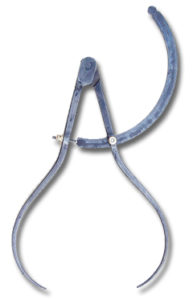How do you know what your students are learning—or NOT learning?
Which assessment techniques do you find particularly effective or efficient?
How do you select when and how often to assess your courses?
What then does deep learning in a course look like? And how can it be achieved?
 The CFT is hosting two events later this month that address these questions and more. In the first event, Assessing Student Learning, Nancy Chick will discuss ways to help students assess their own learning, how to save time in your teaching, and strategies to collect evidence to document an effective classroom. You’ll leave with practical assessment techniques you can implement in your classroom which will help make visible students’ thinking and learning, including the significant and often rich moments in the learning process that occur before the final products of exams and essays. Registration is available now for this teaching workshop which will occur on March 20, 4:10-5:30.
The CFT is hosting two events later this month that address these questions and more. In the first event, Assessing Student Learning, Nancy Chick will discuss ways to help students assess their own learning, how to save time in your teaching, and strategies to collect evidence to document an effective classroom. You’ll leave with practical assessment techniques you can implement in your classroom which will help make visible students’ thinking and learning, including the significant and often rich moments in the learning process that occur before the final products of exams and essays. Registration is available now for this teaching workshop which will occur on March 20, 4:10-5:30.
“Assessment looks for achievement but also monitors the learning process; it is both summative and formative.” – Wright, B. D. (1991)
The second event, Describing, Achieving, and Sustaining Deep Learning, will be a conversation among students and faculty facilitated by Milt Cox. At this event, Milt will expand on Ken Bain’s idea of ‘deep learning’ which he shared this past fall at the CFT’s 25th Anniversary events. Bain suggests that “people learn deeply when they engage problems that they personally find important, intriguing, or just beautiful.” You’ll come away from this event with a better sense of what deep learning looks like, how it can be achieved, and how to identify the big, interesting questions that your course will help your students answer. Registration is available now for this conversation on teaching which will occur on March 22, 4:10-5:30.

Leave a Response